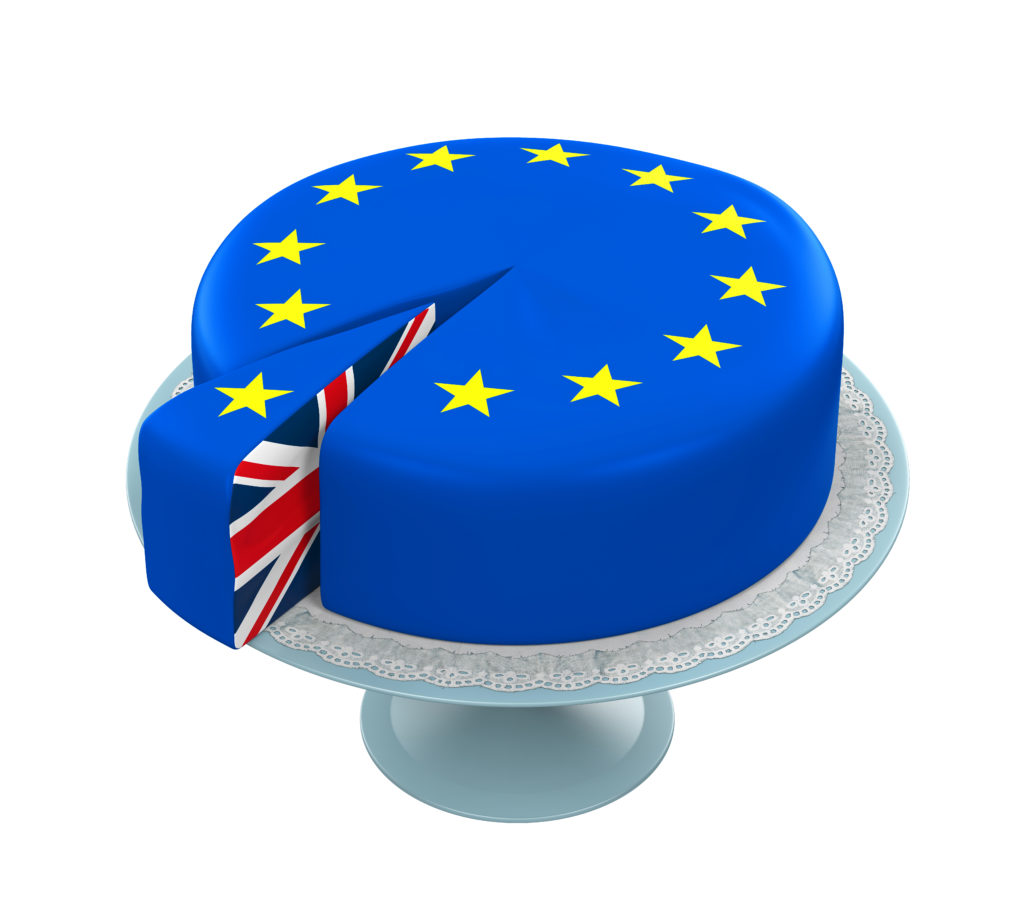
As a current member state of the European Union, businesses in the UK can benefit from a trade mark registration that covers all member states. As well as saving £1,000s in filing fees and professional costs, a European Union trade mark (EUTM) provides protection in every state as if it were a distinct registered mark in that country. For many businesses it’s a no brainer.
It follows that, given the free movement of goods, if you sell your product into France then it may well make its way into Belgium, Luxembourg, Italy or Spain. The benefit of an EUTM is obvious for this reason – a massive cost saving and hugely powerful right over your brand in the states you do trade in and those you might in the future.
With the announcement of an impending Brexit, the value of an EUTM has never been more important. Although official filing fees have recently risen, an EUTM remains one of the most cost-effective methods of obtaining multijurisdictional protection for your brand. In addition, while Brexit may lead to tighter border control with continental Europe, there is no indication that the free movement of goods once in the EU will change. The summary then, is make hay while the sun shines – assuming the UK has a two-year period to leave the EU once article 50 has been enacted, and an EUTM usually takes around 10 to 12 months to achieve registered status, it is unsurprising that there has recently been a flurry of activity for businesses to get an EUTM while they still can.
In a post Brexit world, however, an EUTM may not be as effective as it currently is in the UK. Once out of the EU current law states that an EUTM is unenforceable. Of course, this is unlikely to be the case once Brexit has taken place – the current leaning is to bridging legislation. Unfortunately, the situation is entirely unprecedented. The split of Yugoslavia and the merge of Northern Irish rights into UK rights in 1922 are the closest similar events in recent legal history. Yet nothing is quite like this.
This means that while businesses with UK rights are looking how to expand their portfolio while they can and filing EUTM applications, those businesses who previously took the cost-saving measure of filing an EUTM are now looking closer to home to obtain distinct protection for their brand in the UK.
To complicate matters further, trade marks are not the only harmonised legal right that brand owners have to contend with. The much reported Protected Designation of Origin (PDO) and Protected Geographical Indication (PDI) – of Cornish Pasty fame – might be completely lost by Brexit. While other countries, such as France and Italy, offer national schemes of regional and ingredient identification (e.g. Champagne and Chianti), the UK doesn’t have anything that matches PDO or PGI. Ideally, a similar system will be invented. But this leads to the question of how those rights are then administered, by who, and to whom – would the new equivalent of a PDO match the EU wording? And what would happen to the old PDO? These questions are, at the moment, without answer – but businesses should be braced for change – and it might mean more than redesigning packaging.
